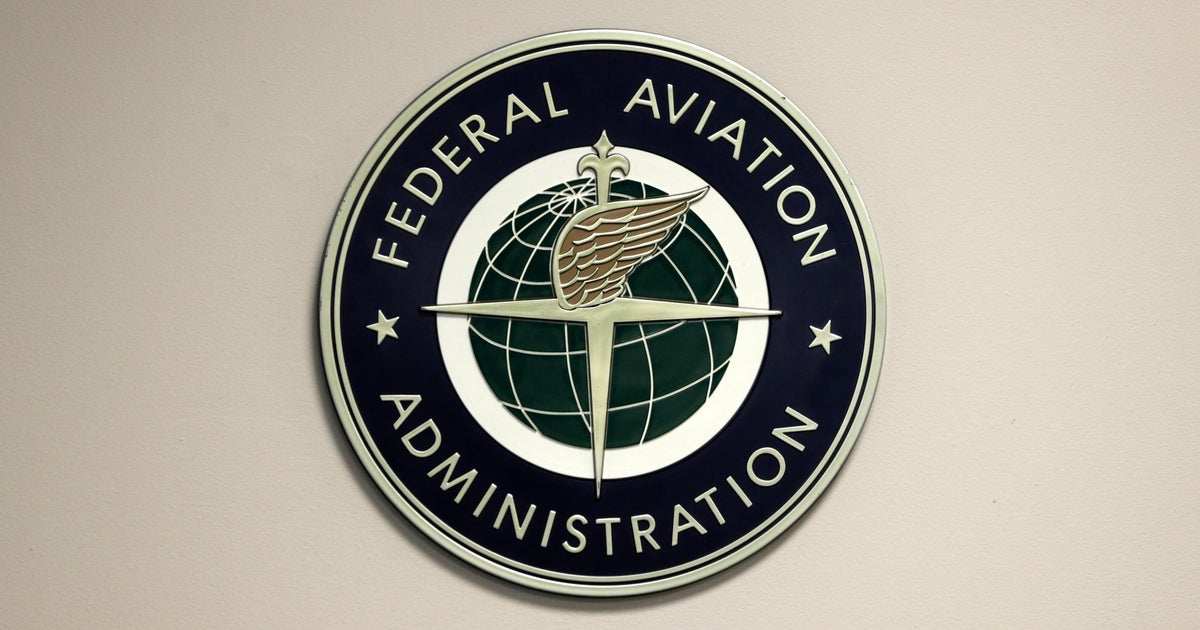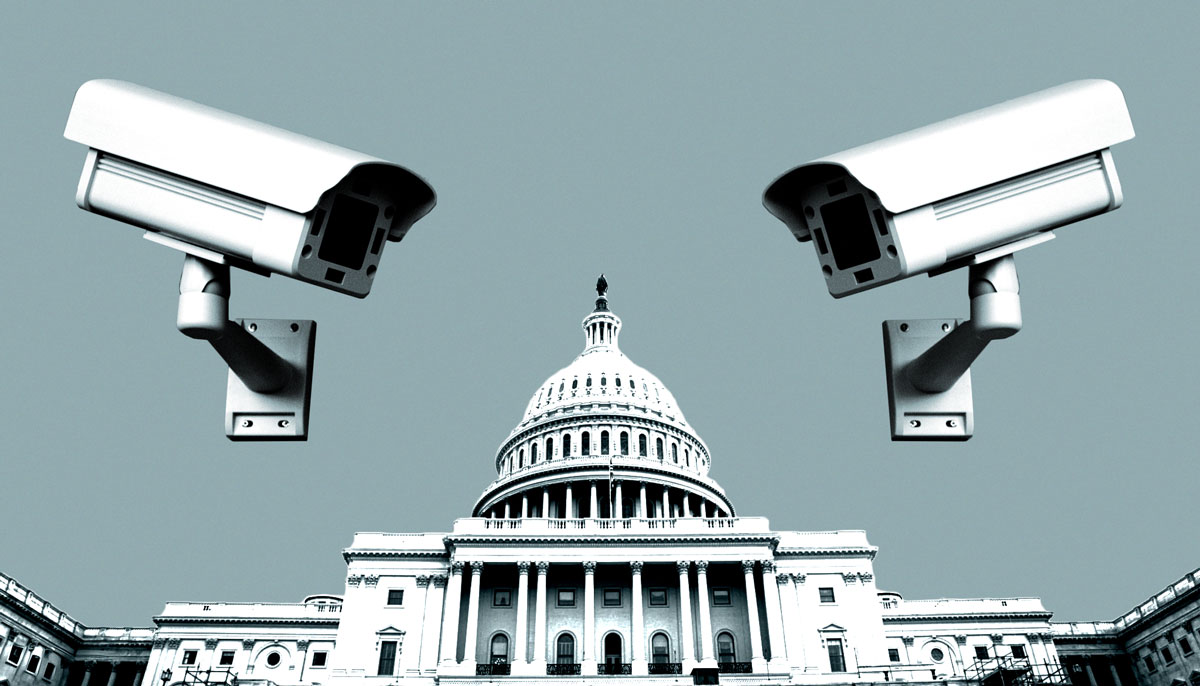U.S. Capitol closed to public through April over coronavirus fears
Washington — The U.S. Capitol and surrounding buildings will remain closed to the public through at least the month of April amid an extension of nationwide restrictions intended to curb the number of new coronavirus cases, congressional officials said Monday.
The sergeants at arms of the House and Senate announced they decided to extend the temporary closure of the Capitol Visitor Center, U.S. Capitol and House and Senate office buildings, where individual members and committees have their offices, to the public. Only lawmakers, staff, credentialed members of the press and those with official business are permitted to access the facilities.
The Capitol and surrounding buildings will remain off-limits to the public until May 1.
"We are taking this temporary action out of concern for the health and safety of congressional employees as well as the public," House Sergeant at Arms Paul Irving and Senate Sergeant at Arms Michael Stenger said in a statement. "We appreciate the understanding of those with planned visits interrupted by this necessary, but prudent, decision."
The original closures, first announced March 12, were supposed to remain in place until April 1. But on Sunday, President Trump said his administration would be extending nationwide social distancing guidelines until April 30 to further limit the spread of the coronavirus.
The president's decision came after the nation's top doctors warned the death toll in the U.S. from the coronavirus could near 200,000. There are more than 140,000 confirmed cases in the U.S. and 2,500 deaths, and Mr. Trump said the number of deaths is expected to peak in two weeks.
The limitations from the White House and Centers for Disease Control and Prevention were initially in place for 15 days, with Monday marking their end before Mr. Trump acted to extend them.
Under the guidelines, Americans nationwide are urged to work from home, limit nonessential travel and avoid groups of more than 10 people. Governors in more than half of the states have also implemented their own restrictions, including ordering nonessential businesses to close their doors and requiring residents to remain in their homes with limited exceptions.
Members of the House and the Senate returned to their home states last week after passing a $2 trillion stimulus package that aims to help American workers and businesses struggling because of the coronavirus. Neither chamber is set to reconvene until April 20, though lawmakers have said they could return earlier if they need to consider a fourth coronavirus relief package.
Many large companies have been forced to lay off workers because of the coronavirus, which has brought the U.S. economy to a grinding halt. Some CEOs have also decided to forego their salaries for the year, and at least one senator, Republican Rob Portman of Ohio, decided to donate his salary through the end of May to five Ohio organizations.
The coronavirus reached the halls of Congress earlier this month after two House members, Republican Mario Diaz-Balart of Florida and Democrat Ben McAdams of Utah, tested positive for COVID-19, the disease caused by the coronavirus. Senator Rand Paul, a Republican from Kentucky, also tested positive.
On Monday, Congresswoman Nydia Velazquez, a Democrat from New York and chairwoman of the House Small Business Committee, said she was diagnosed with "presumed coronavirus infection" after she began exhibiting mild symptoms, including a loss of smell and taste, Sunday morning.
Velazquez was in Washington, D.C., on Friday for the House vote on the stimulus package and participated in the signing ceremony of the legislation alongside House Speaker Nancy Pelosi, Minority Leader Kevin McCarthy and other congressional leaders.
Because they came into contact with the lawmakers, more than a dozen other House and Senate members were directed to self-quarantine, leading some senators to miss the vote on the coronavirus package.



